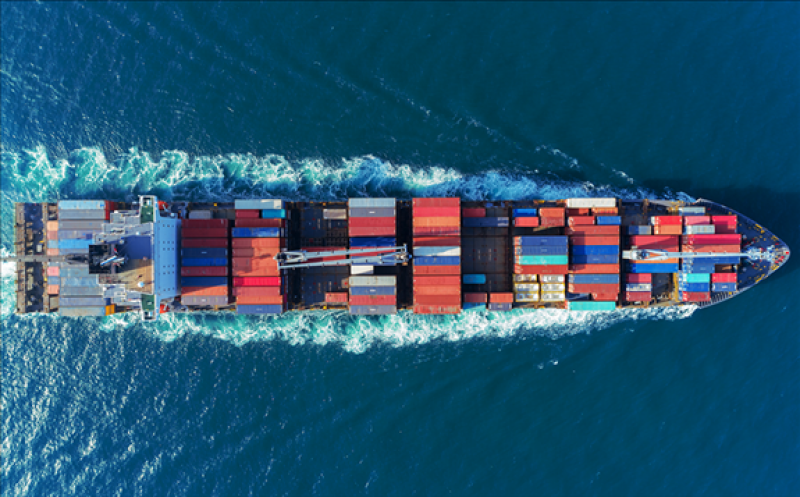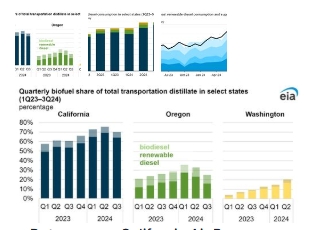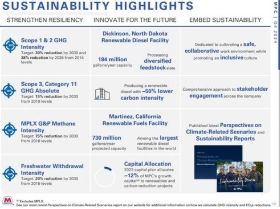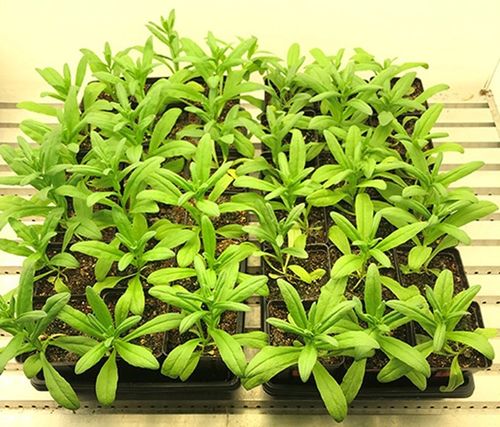The Sustainable Shipping Initiative (SSI) has launched a report that looks at the potential role of biofuels in the decarbonisation of shipping.

The report The Role of Sustainable Biofuels in the Decarbonisation of Shipping: The findings of an inquiry into the sustainability and availability of biofuels for shipping at the UN Climate Change Conference (COP25) currently underway in Madrid.
Outlining the findings of an inquiry commissioned by the SSI in January 2019, the report reflects a broad stakeholder consultation process to explore the potential role of biofuels in the decarbonisation of shipping.
The launch event sees SSI sharing key conclusions and recommendations with COP25 participants, with two of SSI’s members, WWF and the China Navigation Company, offering their perspectives on these.
As the shipping industry explores how to radically decarbonise by mid-century – at a minimum reducing absolute GHG emissions by at least 50% by 2050 – zero-carbon fuels will need to be commercially available and produced from either renewable electricity, biomass or natural gas with carbon, capture and storage.
It is not yet clear which of the potential zero-carbon alternatives to fossil fuels has the winning combination of availability, sustainability and competitiveness.
Biofuel risk
Biofuels derived from biomass may be an attractive option for the shipping sector and can be used as a feedstock to produce alcohol fuels such as ethanol and methanol, liquified bio-gas (LBG) or bio-diesel.
As a decarbonisation pathway for shipping, biofuels come with considerable risks related to the supply-demand constraints – and as a consequence also pose risks related to price – as well as carry the additional risk of good intentions resulting in perverse outcomes, for example, increasing carbon emissions.
SSI’s research indicates that in the short-term, biofuels could have a significant role to play to accelerate early decarbonisation action across the maritime sector. The data suggest that the sustainable biofuels currently available are under-utilised and could potentially meet shipping’s energy needs of today.
However, this supply may be limited in the medium- and longer-term – particularly given the ratcheting up of climate ambition and thus potential demand pressure across all sectors.
New supply of low and zero carbon fuels at scale will be key, and the sustainability, risks and life cycle impacts of these fuels must be taken into account
Shipping cannot solve or manage these risks and uncertainties in isolation.
The maritime industry has the opportunity to play a constructive role in establishing a sustainable bio-economy, developing the market for sustainable biofuels and facilitate their role in the decarbonisation of shipping – as well as that of other sectors, including aviation.
All have a role to play in providing clear market signals and in ensuring that sustainability is central to the production and sourcing of biomass feedstocks.
Fernanda de Carvalho, Global Policy Manager for WWF’s Climate and Energy Practice said: “To keep open the window to limiting warming to 1.5 degrees, all sectors must transition to zero carbon technologies by 2050. For long-distance international shipping, this is a tough but feasible challenge.
“New supply of low and zero carbon fuels at scale will be key, and the sustainability, risks and life cycle impacts of these fuels must be taken into account.
“This report provides important insights to inform consideration of the role of biofuels in the short, medium and long-term decarbonization of the sector.”







